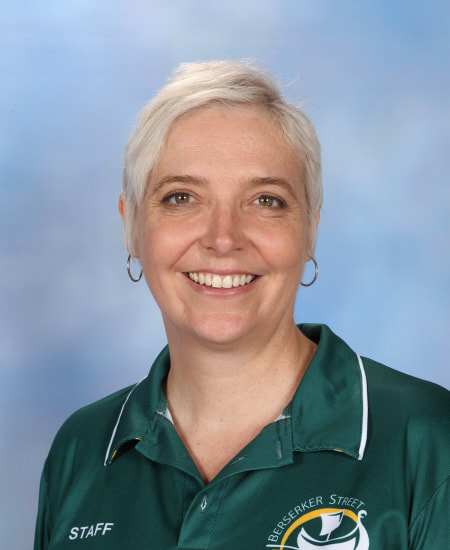|
Why did you decide you wanted to try and be an assessor?
I was initially excited to be part of such a big pilot as I saw it as an opportunity to bring back knowledge of both the HAT/LT processes and the APST to my school and region. Being part of this project was a way to invest in the professionalism of teachers and recognise people for outstanding practice. What does it entail? Prior to becoming an assessor we participated in extensive training and had to develop a deep knowledge of the APST at all career stages. We firstly individually assessed each folio across each of the 37 descriptors and 7 standards, then worked with a partner to reach consensus around whether the applicant had achieved them. |
|
We then conducted referee conversations and reached a final determination about whether the applicant had achieved stage one, prior to writing a report for the applicant. The QCT then moderated the folio and the report. If the applicant had achieved stage one we completed a site visit where we observed the teacher in the classroom, and spoke to a range of staff such as teaching partners and school leaders to verify their achievements. The final report was again moderated by the QCT before the applicants were informed of the final outcome.
What was it like and how many hours did it take? It was a very intense process which required attention to detail and consistent application of the APST. There was a lot of dialogue and it was important to listen to the other assessor and work together to achieve consensus. This was sometimes a challenge as we were spread across the state so there was a lot of emailing and extended phone calls. The amount of time a folio took to assess varied enormously due to the complexity and volume of evidence in some of the folios. The more experienced we became, the faster we got, but the whole stage 1 process still generally took several days. What did you enjoy the most about it? I was lucky enough to have the opportunity to work as a moderator at the QCT in the second term of my secondment. This gave me an opportunity to build consistency and capacity across all the assessors and also to see a huge range of folios and outstanding practice by Queensland State School Teachers. Within my assessing role, the site visits were a fantastic opportunity to see some innovation and excellence in schools across the two trial regions. This was invaluable professional learning for me. What was challenging about it? It was initially a real challenge for us as assessors from diverse backgrounds and settings, to ensure our judgements were absolutely consistent. Having the moderation process through the QCT and people available to assist us was invaluable. It was also always very hard when excellent teachers, with outstanding practice, did not meet some of the standards and were unable to progress to stage 2, however it is critical that this process is absolutely standards based and all requirements are met for certification. What have your gained from the role professionally? I have learned so much about our profession, and about some of the amazing work happening in schools. I have also developed a very deep understanding of the APST which I hope I can use to assist and develop the teachers in my school. It was a completely different context for me to work in and it was very fulfilling to work in such a different role to develop new skills and knowledge. What is your advice to others who are thinking about doing it? Be aware there is a lot of time spent at your desk, working through complicated folios and writing reports. You will need to be able to work closely with people who may be located anywhere in the state, via phone and internet, and be open to listening and reaching consensus. It is very important work, as it is critical we correctly set the standard consistently across the state. |

